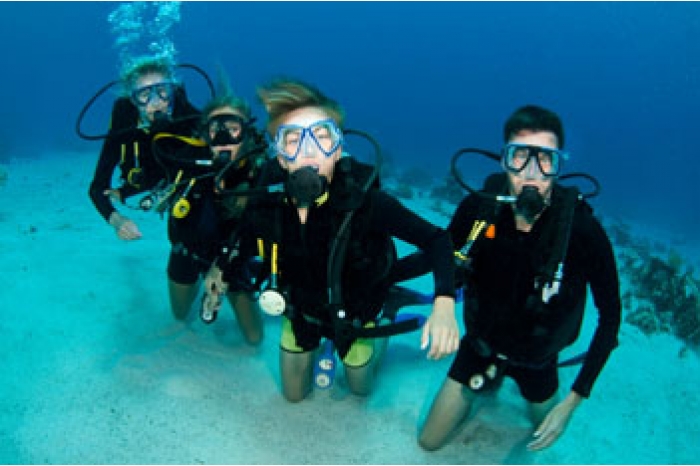Hydrogen-helium-oxygen mixture in humans during open sea divingScientific Research

Psychophysiological reactions in humans during an open sea dive to 500 m with a hydrogen-helium-oxygen mixture. J Appl Physiol. 1994;76:1113-8
Abrain JH, Gardette-Chauffour MC, Martinez E, Rostain JC, Lemaire C.
http://jap.physiology.org/content/76/3/1113.long
Abstract
Six commercial divers were examined for neurological and psychosensorimotor responses during open sea diving at 500 m with a hydrogen-helium-oxygen mixture containing 49% hydrogen. The results showed only moderate neurological symptoms of high-pressure nervous syndrome, while the narcotic effect of hydrogen was detectable as examined by psychosensorimotor tests. Nevertheless, the divers successfully fulfilled the main objective of the operational dive, which was to prove the feasibility of such diving methods by connecting specific elements of an offshore oil installation. Finally, these data support the hypothesis that hydrogen may alleviate some of the symptoms of high-pressure nervous syndrome and may be a useful commercial diving gas because it reduces the density of the breathing mixture and therefore improves living, working and the comfort of divers. However, the present results highlight the importance of research on individual susceptibility to pressurized environments, regardless of breath mixture composition.
Psychophysiological reactions in humans during an open sea dive to 500 m with a hydrogen-helium-oxygen mixture. J Appl Physiol. 1994;76:1113-8
Abrain JH, Gardette-Chauffour MC, Martinez E, Rostain JC, Lemaire C.
http://jap.physiology.org/content/76/3/1113.long
Abstract
Six commercial divers were examined for neurological and psychosensorimotor responses during open sea diving at 500 m with a hydrogen-helium-oxygen mixture containing 49% hydrogen. The results showed only moderate neurological symptoms of high-pressure nervous syndrome, while the narcotic effect of hydrogen was detectable as examined by psychosensorimotor tests. Nevertheless, the divers successfully fulfilled the main objective of the operational dive, which was to prove the feasibility of such diving methods by connecting specific elements of an offshore oil installation. Finally, these data support the hypothesis that hydrogen may alleviate some of the symptoms of high-pressure nervous syndrome and may be a useful commercial diving gas because it reduces the density of the breathing mixture and therefore improves living, working and the comfort of divers. However, the present results highlight the importance of research on individual susceptibility to pressurized environments, regardless of breath mixture composition.



